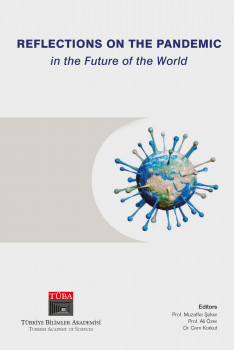The Future of States in the Context of Administrative Capacity: Democracy After COVID-19 Pandemic

The Future of States in the Context of Administrative Capacity: Democracy After COVID-19 Pandemic
States have emerged in different forms as phenomena with a very ancient historical background. It seems that states tend to expand quantitatively and functionally in the historical development process. On the other hand, the arguments that the globalization process eroded this position of the states have been frequently came to the agenda after the 1990s. However, the recent developments prove that the state still has preserved its prominence. The COVID-19 pandemic is one of these developments that the state is getting stronger again. The COVID-19 pandemic has triggered a process of change in many areas, from the health sector to economic and political stability, and social relations. The pandemic also raised new debates about the future role of the state. These discussions include both the re-construction of the state and its relationship with democracy. In this article, first, the approaches on the autonomy of the state are elaborated, and the prominent concepts about the state and democracy are analysed after the globalization process and the dissolution of the Soviet Union. Then, in light of multi-faceted effects of COVID-19, the state’s new role is tried to be determined. In the study, the potential possibilities are discussed through four different models based on the institutional capacity of states and its relationship with democracy.
